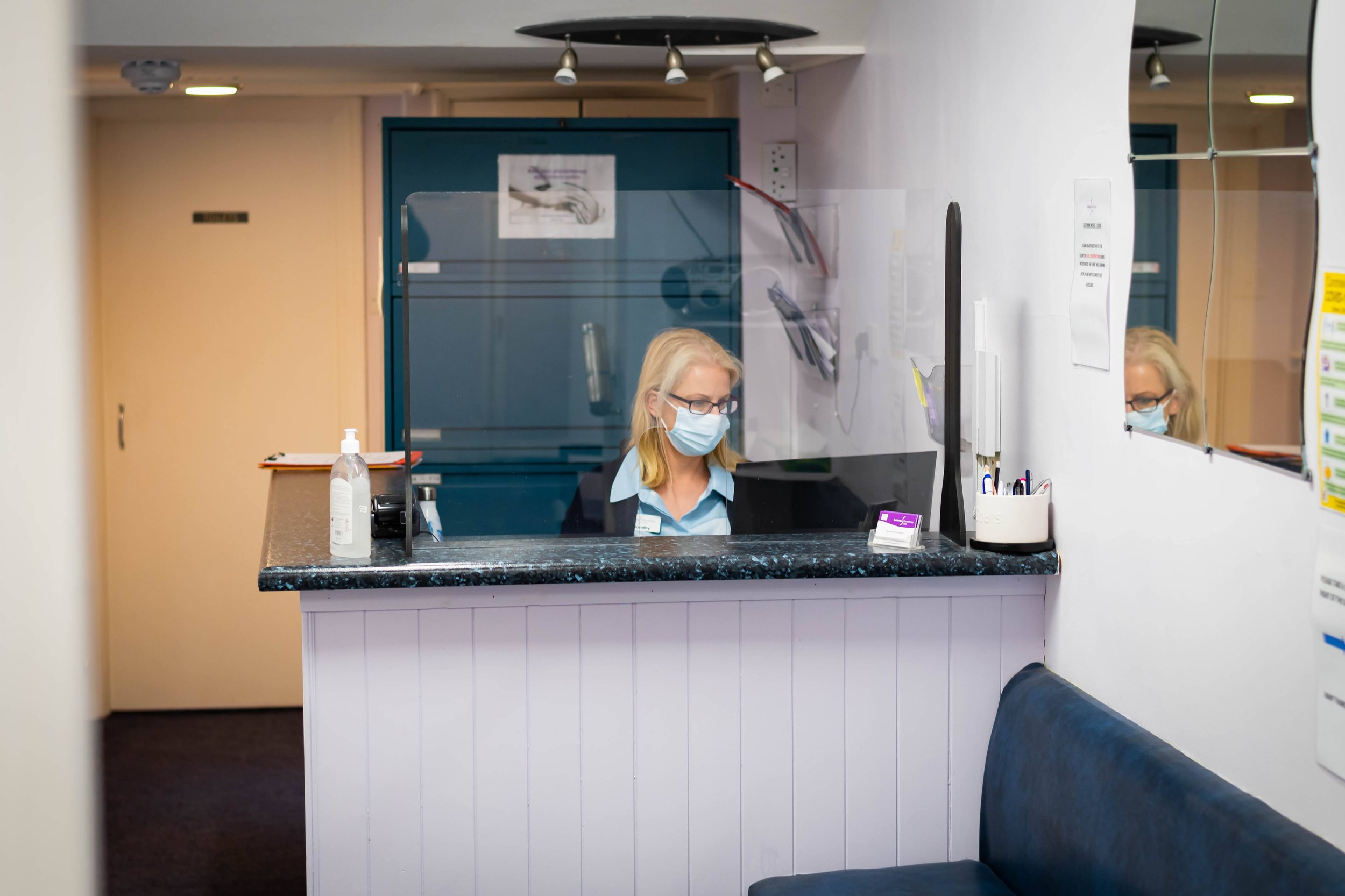Shoulder
Frozen Shoulder
Frozen shoulder is a condition that is characterised by pain in the shoulder with stiffness affecting all or most movements. Frozen shoulder can also be referred to as adhesive capsulitis and the symptoms typically begin gradually but then worsen over time.
It can occur following injury or for no apparent reason. In general, a frozen shoulder will get better over time – some respond very quickly while others need continuous management. Ice and anti-inflammatory medication may help in the early stages, and physiotherapy is vital to restore full range of movement.
Your risk of developing frozen shoulder increases if you’re recovering from a medical condition or procedure that affects the mobility of your arm — such as a fracture or a mastectomy. If you would like more information about shoulder pain, please don’t hesitate to contact us here at the clinic.
Dislocation
The shoulder is a very mobile joint with a great range of movement in different directions. What it gains in mobility it loses in stability and it is a commonly dislocated joint. This can result from a fall on the outstretched arm. Normally this will require a visit to A+E for X-rays to be taken and the shoulder relocated. The arm will rest in a sling for a few weeks following this and subsequently physiotherapy to strengthen the shoulder muscles will be required. If the shoulder dislocates a second time
Rotator Cuff
The rotator cuff is a group of muscles and tendons that surround the shoulder joint. These muscles and tendons help to keep the head of your upper arm bone firmly within the shallow socket of the shoulder.
A shoulder injury can occur following injury, overuse, or from poor neck/upper back posture. Irritation of the rotator cuff tendons can be the source of pain. Most people will recover from a rotator cuff injury with physical therapy exercises and the outcome is very good in most cases. Local injection can enhance response to Physiotherapy, but surgery may be necessary for severe rotator cuff injuries involving complete tears of the muscle or tendon.
Rotator cuff injuries occur most often in people who repeatedly perform overhead motions in their jobs or sports. Examples include painters, carpenters, and people who play baseball or tennis. The risk of rotator cuff injury also increases with age.
Lesley Lowe leads the Sports Physio Clinic. She has worked with multiple sports clubs over the years including rugby, football, hurling and hockey clubs and she has worked at the Dublin city Marathon.
Common Sports Injuries
See full list of Services

Contact us.
We offer virtual physiotherapy consultations for those unable to visit in person. Get expert advice and support from the comfort of your home.






